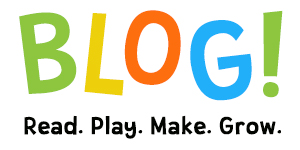-
5 Middle-Grade Novels-in-Verse for Sports Fans and History Buffs
Do you like sports? History? Poetry? We've got you covered!
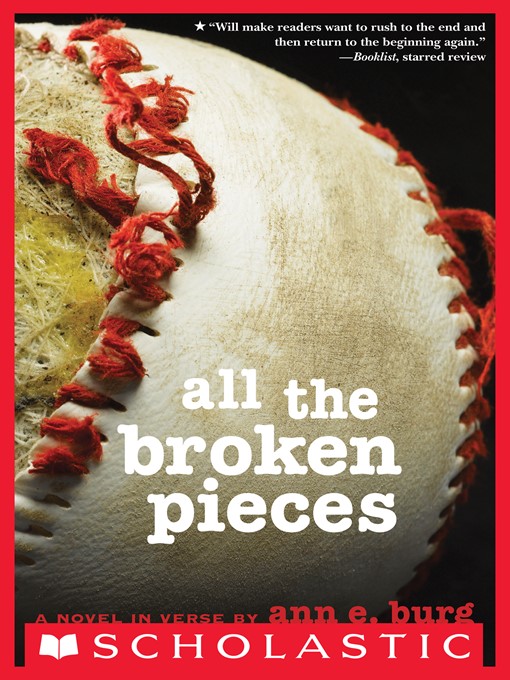
All the Broken Pieces by Ann E. Burg
1970s. After being abandoned by his American father, given up for adoption by his Vietnamese mother, and airlifted out of war-torn Vietnam, Matt Pin has a lot to think about: where does he belong? Who is he? Should he feel guilty for escaping the chaos of his childhood? Haunted by these questions -- and nightmares -- Matt turns to baseball and music for comfort. All the Broken Pieces is a beautiful story about healing and self-acceptance. Historical fiction, sports fiction.
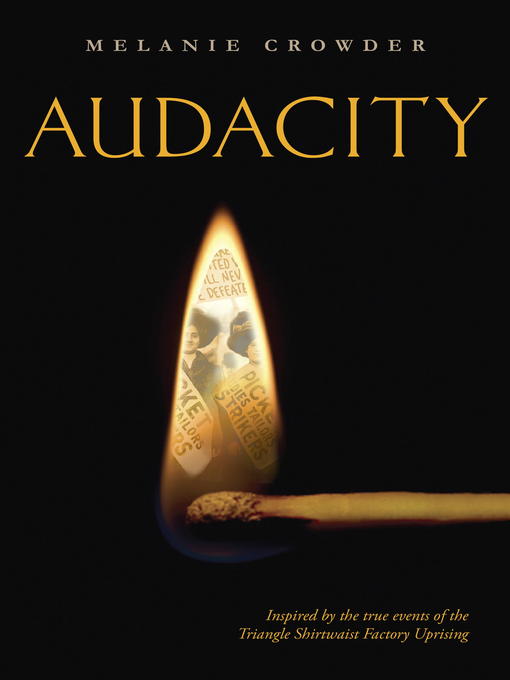
1900s. Inspired by a true story. Clara Lemlich has just emigrated to New York from Russia with her family, and despite the disapproval of her family has just gotten a job at a garment factory. The factory workers are treated terribly, and told that they don't have rights... but Clara refuses to accept this, and decides to stand up for what's right. Clara ends up inspiring the largest woman-led workers' strike in United States history, forcing the factories to treat their employees with dignity and respect. Historical, narrative non-fiction.
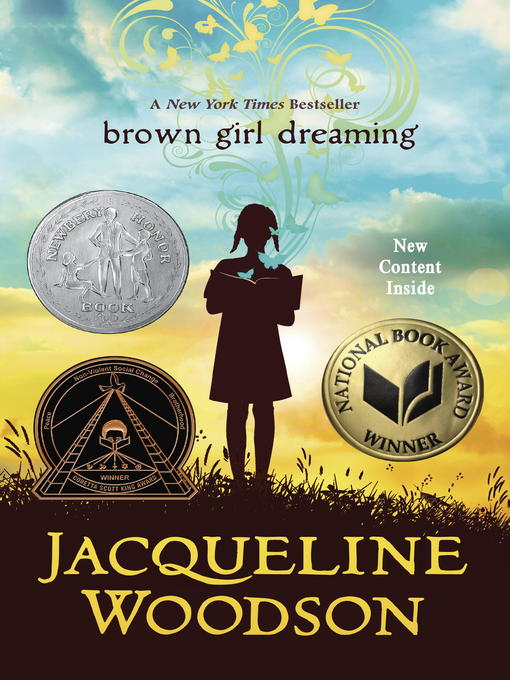
Brown Girl Dreaming by Jacqueline Woodson
1960s and 70s. Inspired by the author's own experiences. Jacqueline's parents have split up, and now she feels split in two, as well. On one hand, Jacqueline spends time in South Carolina with her grandparents, where she experiences the evils of Jim Crow firsthand; on the other hand, she gets to spend time in New York, where things aren't as bad. Jacqueline must learn how to bridge the gap between her vastly different experiences and find her place in the world. Historical, autobiography/memoir.
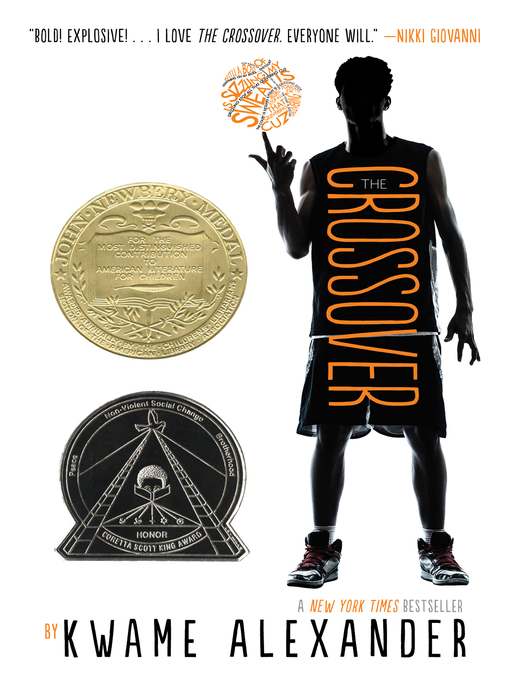
The Crossover by Kwame Alexander
2010s. Josh Bell loves basketball. He lives for basketball. So does his twin brother, Jordan. Despite being star players on the basketball court Josh and Jordan face a lot of new obstacles: they've just started middle school, they both have feelings for the same girl, their father is ignoring his failing health... and, despite their love for the game and each other, the brothers are starting to drift apart. Will things ever be the same? Will Josh and Jordan ever see eye-to-eye again? Read and find out! Sports fiction.
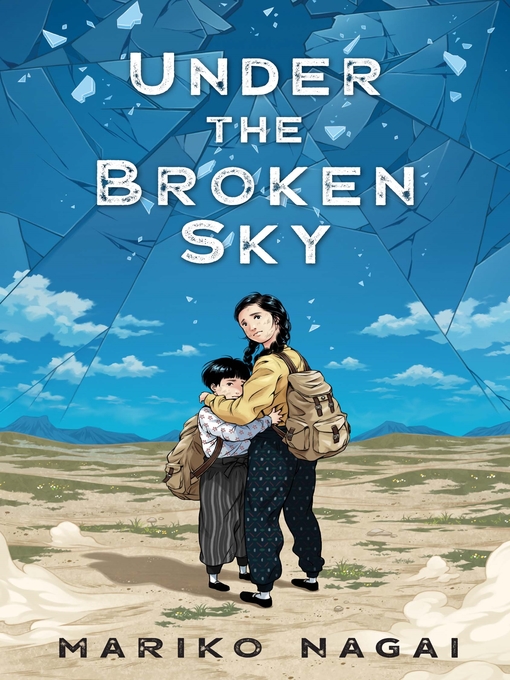
Under the Broken Sky by Mariko Nagai
1940s. Natsu and her little sister Cricket live with their father in Japanese-occupied Manchuria. Their happy, quiet life is shattered when their father is recruited by the Japanese Army. Things get even worse when the Soviet Army invades and forces them out of their home. Orphaned, homeless, and desperate, Natsu and Cricket embark on an adventure across China. A beautiful story about remaining strong even when it feels like the whole world is against you. Historical fiction.
Looking for some personalized selections? Fill out thisform and you’ll receive a customized list direct to your inbox!
 Youth Services Librarian Chris
Youth Services Librarian Chris -
5 Ways Teens Can Celebrate National Poetry Month
“April is the cruellest month, breeding
Lilacs out of the dead land, mixing
Memory and desire, stirring
Dull roots with spring rain.”
- -- T. S. Eliot
Wow. It’s like heknew everyone would be cooped up 24/7 in April 2020. I don’t know about you, but this whole pandemic thing is making me feel a little… claustrophobic. And bored! So. Bored. I think we all have a lot of complicated feelings about our current situation, and it’s easy to let those feelings stress you out or make you feel a little… hopeless.
And it’s okay to feel that way! This is a tough time for everybody -- you can’t hang out with friends, everything is closed (my favorite Vietnamese restaurant is closed for the month and this makes me sad), and the future feels uncertain. And that’s not evenmentioning the whole “you’re still going to school” thing.
So what do we do with these feelings? We can’t just bottle them up and ignore them -- that wouldn’t be healthy. Maybe we should find some ways to express the way we feel and (hopefully!) have some fun doing it.
April is not only the cruellest month,it’s National Poetry Month. Sure, the month's almost over, but let’s celebrate together anyway! Here are 5 ways teens can celebrate National Poetry Month.
Oh -- one more thing! And when the Barrington Area Library reopens, be sure to check out some of our great poetry collections!
1. Check Out the National Poetry Foundation!
Reading poetry is the best place to start. The National Poetry Foundation has put together a lot of great resources to help you dip your toes into the world of poetry, including podcasts, articles, and most importantly, poems. They also have a “Featured Poet” section where they introduce you to a classic poet. Make sure to take a look at the “Poems for Teens” section on this page -- they’ve put together an anthology of poems you might enjoy.
2. Watch a Poetry Slam!
It’s important to remember there’s no “right” way to write poetry. I’ve noticed that a lot of people think poetry has to be written a certain way, or that some subjects aren’t worth writing about. Don’t sweat it! Poetry is, above all, about self-expression. If it matters to you it’s worth writing about. Poetry slams are a great way to showcase this.
“Okay, Chris, but what’s a poetry slam?” you might ask. Poetry slams are competitions in which people perform their own spoken word poetry in front of an audience and a panel of judges. They can be local, national, or even international. The beautiful thing about a poetry slam is that it features a variety of people talking about what matters most to them -- they get to make themselves seen and heard in front of an audience.
Youth Speaks is a great way to introduce yourself to the world of poetry slams. It features poetry by teens from all over the country, including the Chicago area. You could try watching some at random or look for poems relating to things that are personally important to you.
3. Can You Haiku?
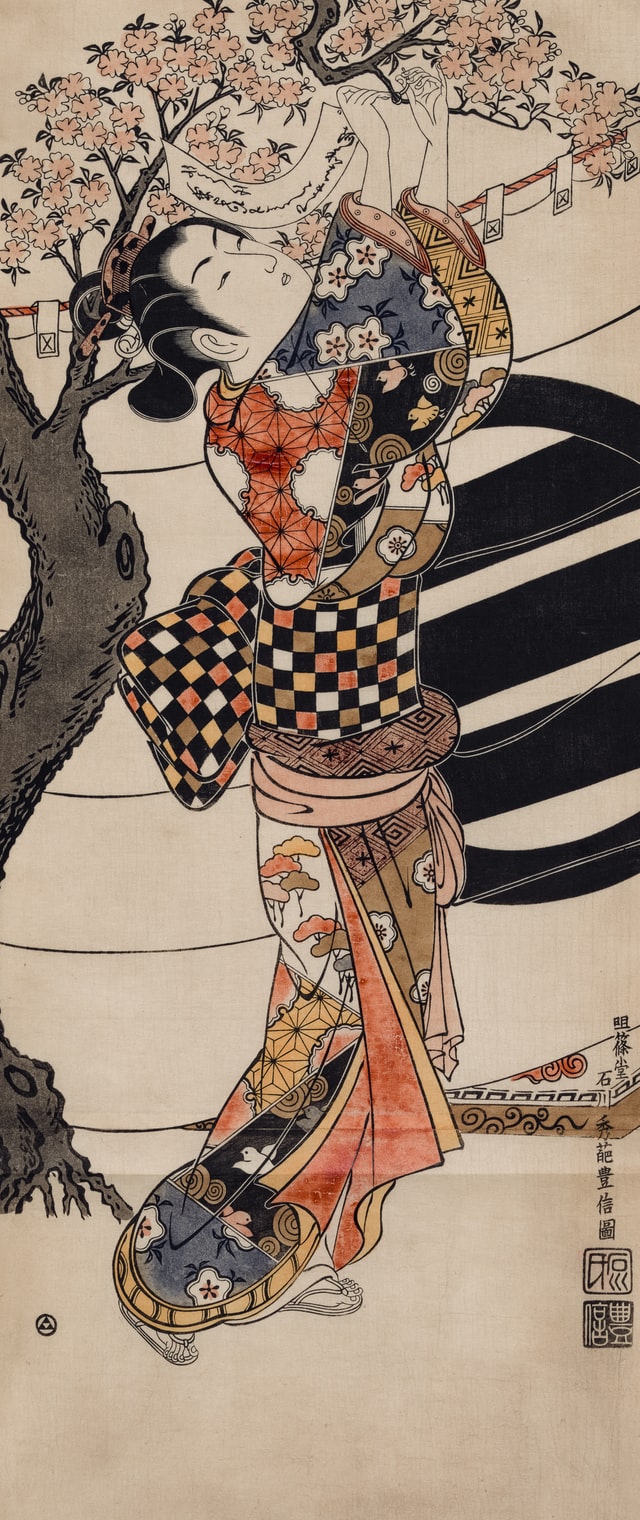
Poetry doesn’t have to be long or complicated. Sometimes the beauty of a poem comes from its simplicity. Haiku is a Japanese poetic form that emphasizes simple language, immediacy, and our relationship with nature.
Haiku are only three lines long, and often contain only 17 syllables. That’s 5 syllables in the first line, 7 in the second, and 5 in the third. This isn’t actually a rule of haiku, though -- the poets who created it certainly didn’t restrict themselves to only 17 syllables.
When you write haiku you’re trying to capture a snapshot of something that’s happening. For example, here’s one of the most famous haiku, by the poet Basho:
“The old pond;
A frog jumps in --
Water sound.”See?
Haiku doesn’t have to be serious, either. Here’s a poem by another famous haiku poet, Issa:
“New Year’s morning --
Everything is in blossom!
I feel about average.”Since you’re stuck in quarantine, why not try flexing your haiku muscles? All you have to do is sit and watch as the world unfolds around you, and when you think you’re ready jot down three simple lines.
In the meantime, check outTeen Ink. They feature poetry by teenagers,for teenagers.
4. Blackout!
Poetry doesn’t have to come out of thin air. Sometimes you can use things you already have to create something new. For example, try blackout poetry!
All you need to make blackout poetry is a marker and an old book, magazine, or newspaper you don’t need anymore. Use the marker to draw a square around the words or phrases that jump out at you. Your mind will slowly form a story or poem out of the things you’ve picked.
Remember: it’s okay if you “mess up.” Sometimes writing takes you somewhere unexpected, so just go with it!
If you’re looking for inspiration check outNewspaper Blackout.
5. Most Importantly, Express Yourself!
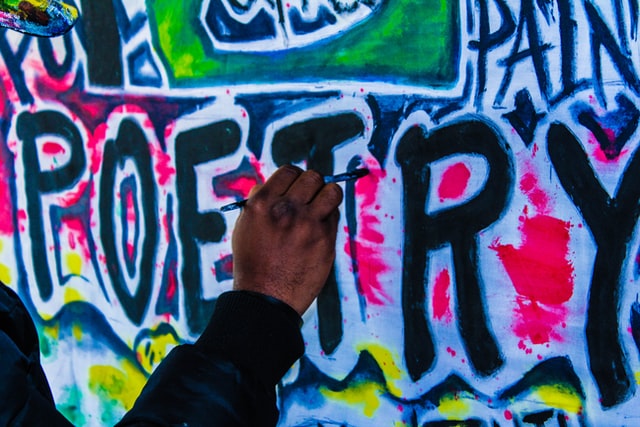
Write whenever the urge hits you.Now that you’ve got a few different types of poetry to explore, why not write some? It doesn’t matter if it’s “good” or not -- it’s yours, and you made it, andthat’s what’s important.
Even if you never show another person your poetry, you should be proud that you wrote it.
Snap a photo of your poem, or type it up, and send it to us at youthservices@balibrary.org by Friday, May 8!
Mindful moment
Get up, stretch, and go outside. Take a walk. What do you see? What do you hear?
That’s poetry.
 Youth Services Librarian Chris
Youth Services Librarian Chris

